Social Science / Women's Studies
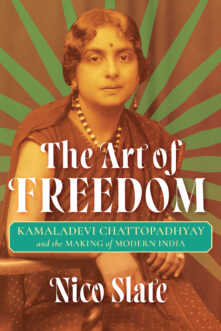
The Art of Freedom
Kamaladevi Chattopadhyay and the Making of Modern India
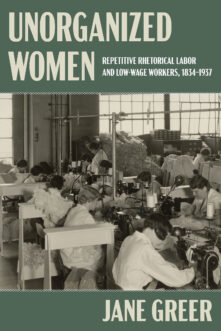
Unorganized Women
Repetitive Rhetorical Labor and Low-Wage Workers, 1834-1937
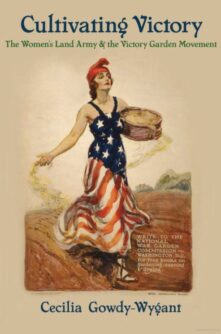
Cultivating Victory
The Women's Land Army and the Victory Garden Movement
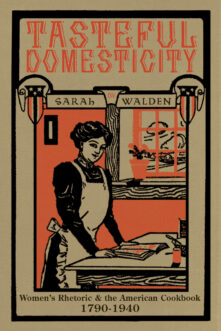
Tasteful Domesticity
Women's Rhetoric and the American Cookbook, 1790-1940
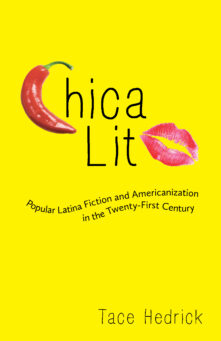
Chica Lit
Popular Latina Fiction and Americanization in the Twenty-First Century
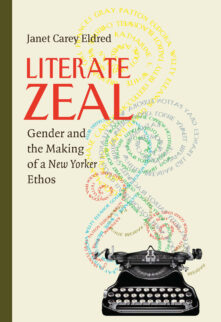
Literate Zeal
Gender and the Making of a New Yorker Ethos

Networking Arguments
Rhetoric, Transnational Feminism, and Public Policy Writing
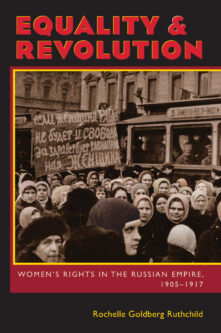
Equality and Revolution
Women's Rights in the Russian Empire, 1905–1917
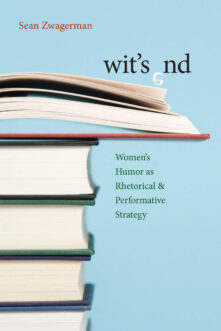
Wit’s End
Women's Humor as Rhetorical and Performative Strategy
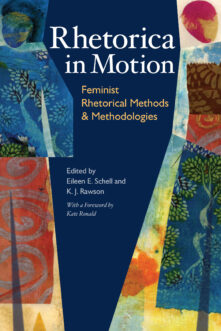
Rhetorica in Motion
Feminist Rhetorical Methods and Methodologies
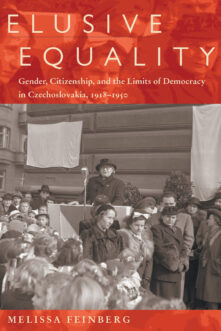
Elusive Equality
Gender, Citizenship, and the Limits of Democracy in Czechoslovokia, 1918-1950
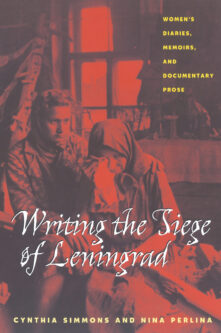
Writing the Siege of Leningrad
Womens Diaries Memoirs and Documentary Prose
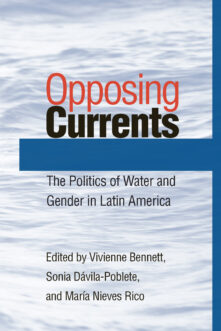
Opposing Currents
The Politics of Water and Gender in Latin America
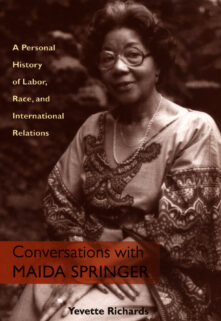
Conversations With Maida Springer
A Personal History Of Labor, Race, and International Relations
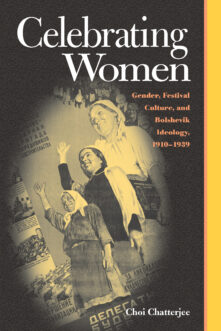
Celebrating Women
Gender Festival Culture & Bolshevik Ideology 1910-1939
Total 20 results found.

